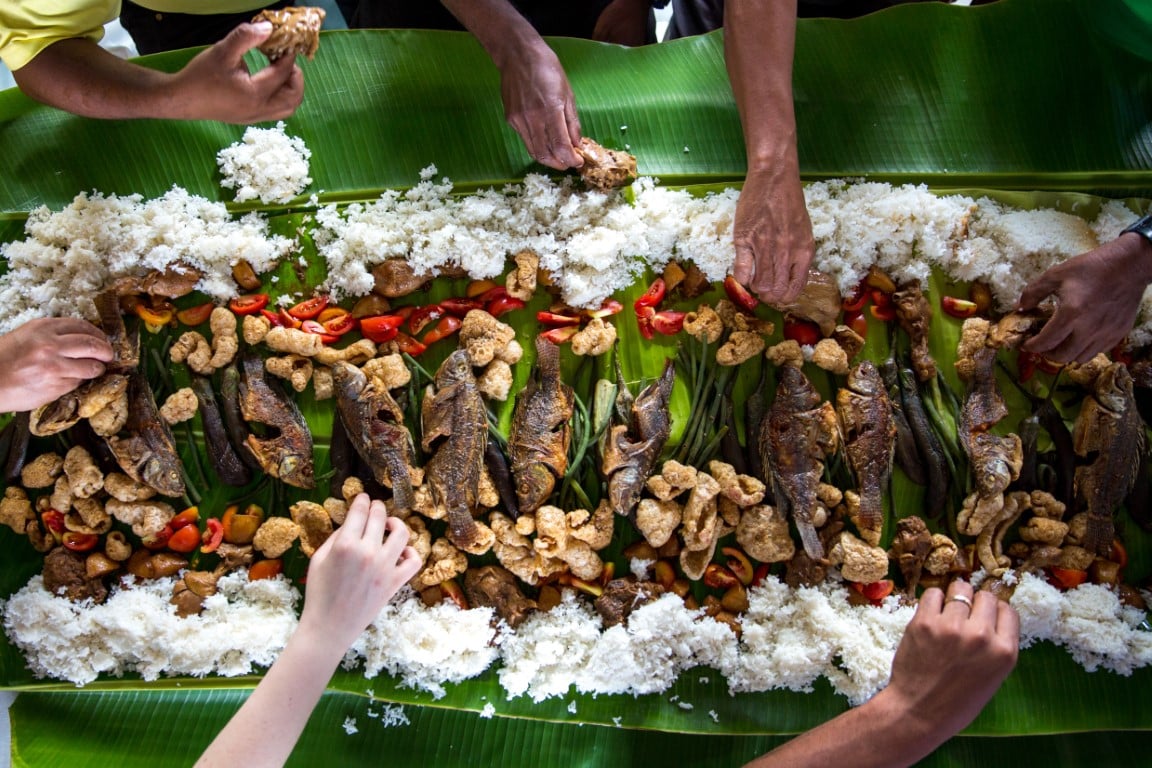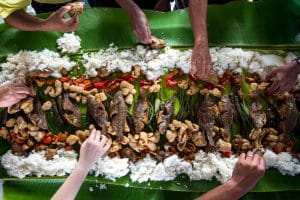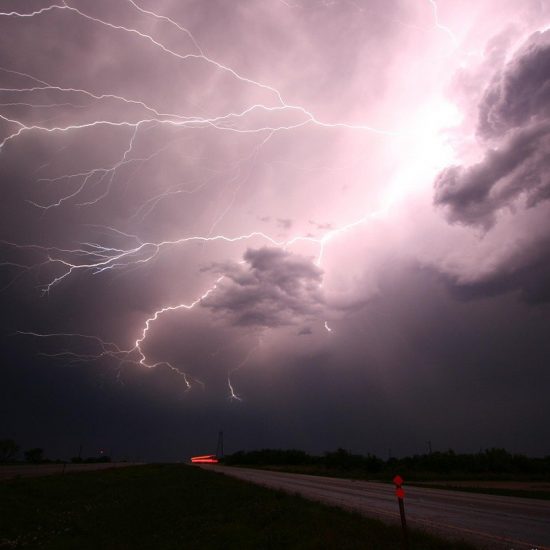
Daniel knew the danger of refusing an order from the king. But Daniel knew he must do what’s right (Daniel 1:1-10), regardless of the social pressures or the political consequences.

Brian Kaylor
Sure, Daniel knew that those who stood up to such an autocratic ruler could face blowback, like being purged from their positions in the palace. And he knew as a member of a religious minority he could face persecution for not following the party’s position. Daniel even knew his opposition to the dictator would cost him friends.
“He’s going to be lonely,” one of the king’s lackeys warned. “And he will be eating alone at the lunch table.”
But that wasn’t the most important thing for Daniel. He explained he had “swore an oath, before God” and therefore he must not disregard truth in a way that would, he feared, “expose my character to history’s rebuke and the censure of my own conscience.”
It might mark a stunning fall for Daniel, the intelligent, handsome man with perfect hair who had shown so much promise. But even as he found himself in this Babylon, he would not allow anything to trump his values.

Photo by Avel Chuklanov on Unsplash
So, Daniel said “no” to the king’s wine, refusing to be intoxicated by promise of power. And Daniel said “no” to the king’s fine foods, refusing to allow political expediency to poison his bowels. He remained firm in his convictions even as others defiled themselves with their gluttony.
Daniel watched and prayed from afar as others dined and applauded the king. They cheered the ruler at the nation’s official prayer breakfast, which endeared them to the man who worshipped himself as he built idols of gold.
They gobbled up the breakfast as they consumed the king’s blasphemies. Like when the king said we shouldn’t love our enemies but instead seek revenge. And when the king attacked those who follow the dictates of their faith. And when the king exalted the glory of Mammon. And when the king argued the nation should trust in chariots and horses above anything else. They clapped; they swallowed.
Perhaps as the other political leaders and even clergy sat at that breakfast eating, drinking, and being merry, Daniel remembered the words of that old proverb:
When you sit to dine with a ruler,
note well who is before you,
and put a knife to your throat
if you are given to gluttony.
Do not crave his delicacies,
for that food is deceptive.
In end, Daniel would be vindicated, proven right (Daniel 1:11-20). He had followed the wisdom of God to challenge the madness of the king.
Brian Kaylor is editor and president of Word&Way.

